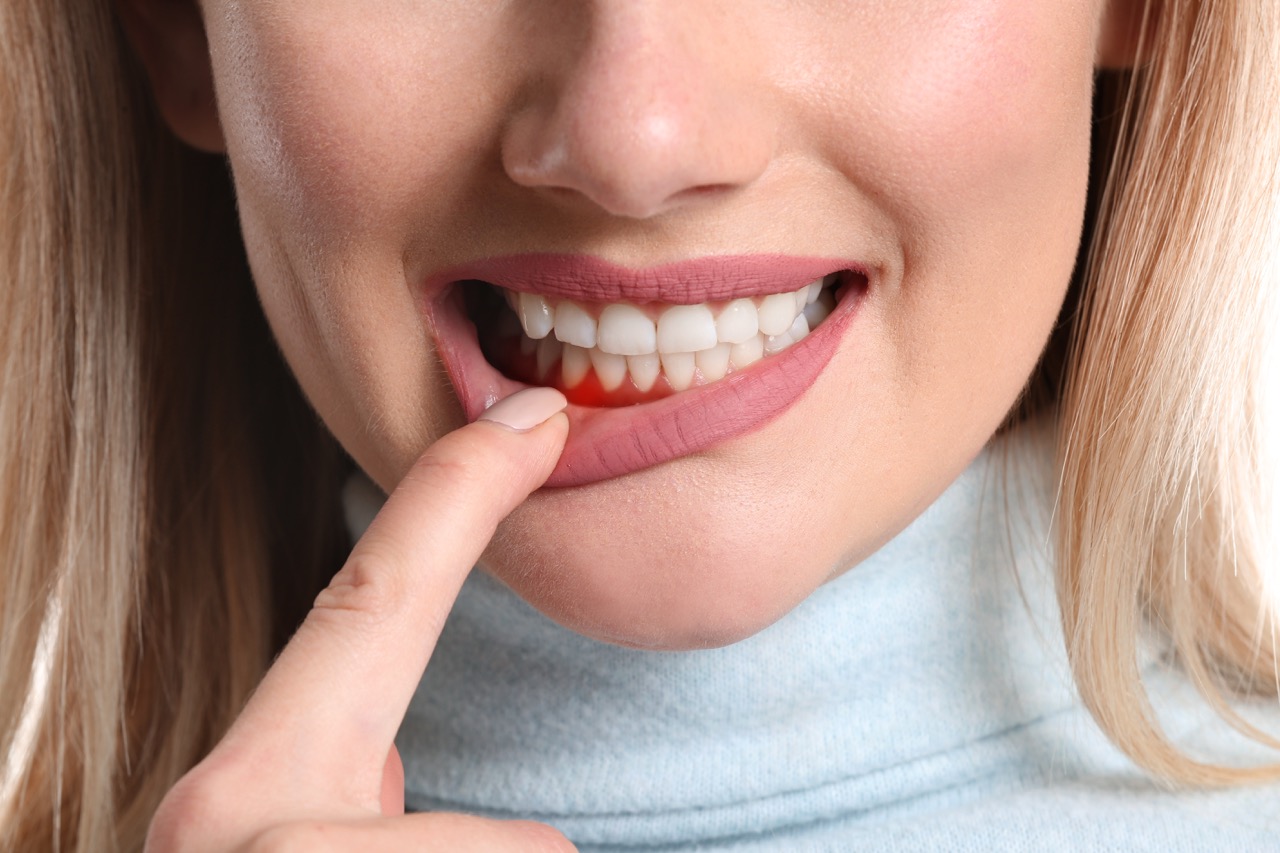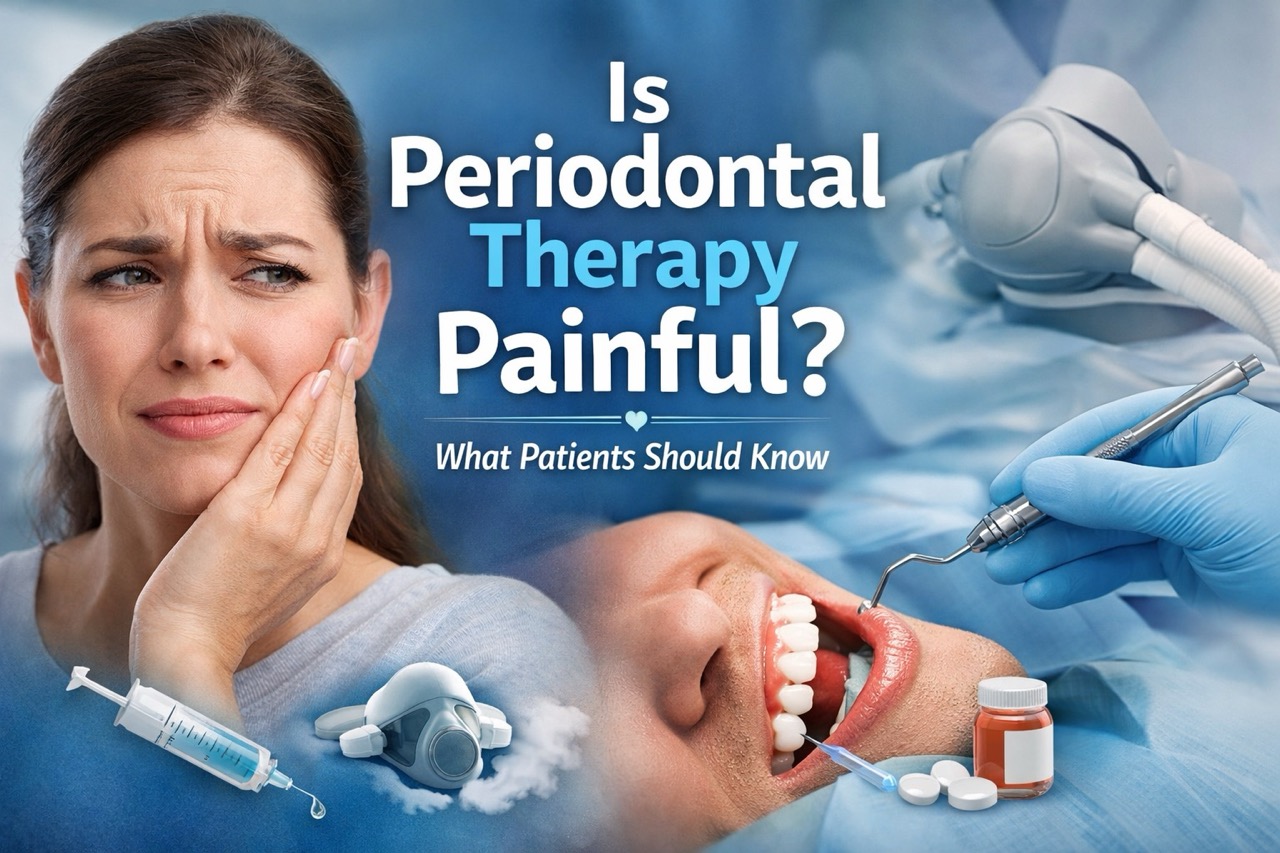Chewing Gum Benefits: How It Supports Better Oral Health
A small piece of gum might seem like just a quick way to freshen your breath, but the oral health benefits of chewing gum go far beyond flavor. When used wisely, chewing gum can support your dental routine in surprising ways. Studies show that sugar free gum for teeth helps stimulate saliva production, which plays a key role in protecting enamel, washing away food particles, and reducing harmful acids in the mouth.
Chewing gum benefits aren’t limited to preventing plaque and cavities, it can also help keep your breath fresh and your jaw muscles active. For many people, adding a stick of sugar-free gum after meals is a simple way to help maintain oral hygiene between brushings. In this article, we’ll explore does chewing gum help oral health, when it works best, and how to choose the right gum to protect your smile.
How Chewing Gum Supports a Healthy Smile
Chewing gum helps your mouth in two main ways: it physically stimulates your jaw muscles, and it boosts saliva flow. Saliva is your body’s natural defense against decay, it washes away debris, neutralizes acids, and provides minerals like calcium and phosphate to strengthen enamel. Choosing the right type of gum is important; sugar free gum for teeth offers these benefits without feeding harmful bacteria. By making gum part of your daily routine, especially after meals, you can help keep your teeth cleaner and your mouth healthier between regular brushings and flossing.
Boosting Saliva Flow to Protect Your Teeth
When you chew, your salivary glands work harder, producing more saliva. This extra saliva acts as a natural cleanser for your teeth, washing away food particles before they can turn into plaque. It also helps neutralize acids produced by bacteria, which can weaken enamel over time. Increased saliva even delivers essential minerals back to your teeth, strengthening enamel and lowering the risk of cavities. This is why chewing gum benefits are especially helpful after eating or drinking acidic beverages, it helps restore a healthier balance in your mouth and reduces the chances of enamel erosion.
Helping Clean Your Teeth Between Brushing
Chewing gum after meals can help dislodge bits of food stuck between your teeth or along the gumline. This simple action reduces plaque buildup and keeps your mouth feeling cleaner until you can brush and floss. For best results, chew sugar-free gum for about 20 minutes after eating. This timeframe is enough to stimulate saliva flow and sweep away debris. While it’s not a substitute for brushing and flossing, chewing gum after meals can be a smart, convenient habit that supports your overall oral hygiene.
Fresher Breath, Naturally
Bad breath often comes from odor-causing bacteria in your mouth. Chewing gum increases saliva production, which helps wash away these bacteria and neutralize odors. Many sugar-free gums also come in mint or fruit flavors that leave your mouth feeling refreshed without the burning sensation some mouthwashes cause. If you’re looking for gum for fresh breath, choose sugar-free options with natural sweeteners like xylitol. They not only freshen your breath but also discourage bacteria that contribute to bad odors.
Choosing the Right Chewing Gum for Oral Health
Not all gums are created equal. Picking the right one ensures you get the full oral health benefits of chewing gum while avoiding potential harm. The type of gum you choose matters because certain ingredients can help protect your teeth, while others may actually increase your risk of cavities. Knowing what to look for makes it easier to make the healthiest choice for your smile.
Why Sugar-Free Gum is the Better Choice
Sugar-free gum is the best option for supporting oral health. Regular gum with sugar feeds the bacteria in your mouth, leading to more acid production, which can harm tooth enamel. In contrast, sugar-free gum does not encourage this harmful process, making it a safer choice for your teeth.
Many sugar-free gums contain xylitol, a natural sweetener that not only tastes good but also helps reduce cavity-causing bacteria. Xylitol changes the environment in your mouth, making it harder for these bacteria to grow and produce acids.
Another way to identify quality gum is to look for the ADA Seal of Acceptance. ADA-approved gums have been tested for safety and effectiveness in promoting oral health. Choosing a gum with this seal ensures you are getting a product that meets high dental care standards.
When to Avoid Chewing Gum
Patients with TMJ issues or jaw pain
Those with certain dental appliances
Strengthening Jaw Muscles — Benefits and Limits
Chewing gum can help keep your jaw muscles active and flexible. The movement involved in chewing supports muscle tone and promotes healthy joint function. This can be a small but helpful part of maintaining overall oral health. However, excessive chewing can put strain on your jaw joints and lead to discomfort. People with conditions like TMJ disorder should be especially careful. To enjoy the benefits without risk, chew gum for short periods, such as after meals.
Choose sugar free gum for teeth to protect against decay while keeping your jaw engaged. Moderation is important, as overuse can cause soreness or fatigue. A balanced approach allows you to enjoy both the flavor and the oral health benefits of chewing gum.
When and How Often to Chew Gum for Best Results
Finding the right balance with chewing gum can make a big difference in your oral health. Too little and you may miss out on its benefits, too much and you risk overworking your jaw. Knowing the ideal timing and frequency helps you get the most from this simple habit. If you want to maximize the oral health benefits of chewing gum without any downsides, here’s how to make it work for you:
Chew gum for 20 minutes after meals
Avoid chewing all day to prevent jaw fatigue
Combine gum use with brushing and flossing for full benefits
Choose sugar-free gum with xylitol for cavity protection
Keep gum on hand for times you can’t brush right away
Integrating Chewing Gum Into a Complete Oral Care Routine
The oral health benefits of chewing gum are best achieved when it is part of a full dental care plan. Brush your teeth twice daily with fluoride toothpaste to remove plaque and strengthen enamel. Floss once a day to clean between teeth where a brush cannot reach. Use a gentle, alcohol-free mouth rinse to help reduce bacteria and keep your breath fresh. Remember to clean your tongue to remove odor-causing germs.
Most importantly, schedule regular dental checkups to monitor your overall oral health. Chewing gum after meals can help wash away food particles and neutralize acids, but it should be an addition to, not a replacement for, brushing and flossing. Combined with these healthy habits, sugar free gum for teeth can help keep your smile clean and healthy every day.
Professional Guidance for Your Oral Health
Before making gum a daily habit, it is wise to seek professional advice. Your dentist can recommend the most effective sugar free gum for teeth based on your oral health needs. They can also check for conditions such as jaw discomfort, TMJ disorders, or dental appliances that may make chewing gum less suitable.
At Kiefer Family Dental, we focus on preventive care and offer personalized recommendations to keep your teeth and gums in top condition. From professional cleanings to tailored at-home dental tips, our team works with you to maintain a healthy smile. Knowing the right type of gum and how to use it properly ensures you get the benefits of chewing gum without risking damage to your teeth or jaw.
Freshen Your Smile with the Benefits of Chewing Gum
Chewing gum is more than just a quick pick-me-up, it’s a simple habit that can help protect your teeth, freshen your breath, and keep your mouth healthy between brushings. If you want to learn more about does chewing gum help oral health and other preventive care tips, our team is here for you.
Contact Information
Location: 3323 Mariner Dr, Evansville, IN 47711
Phone: (812) 424-9506
Fax: 812-303-4203
Email: kelsey.kiefer@kieferfamilydental.com
Your oral health matters. Schedule your next checkup with Kiefer Family Dental today and discover how small habits, like chewing gum after meals, can make a big difference for your smile.




